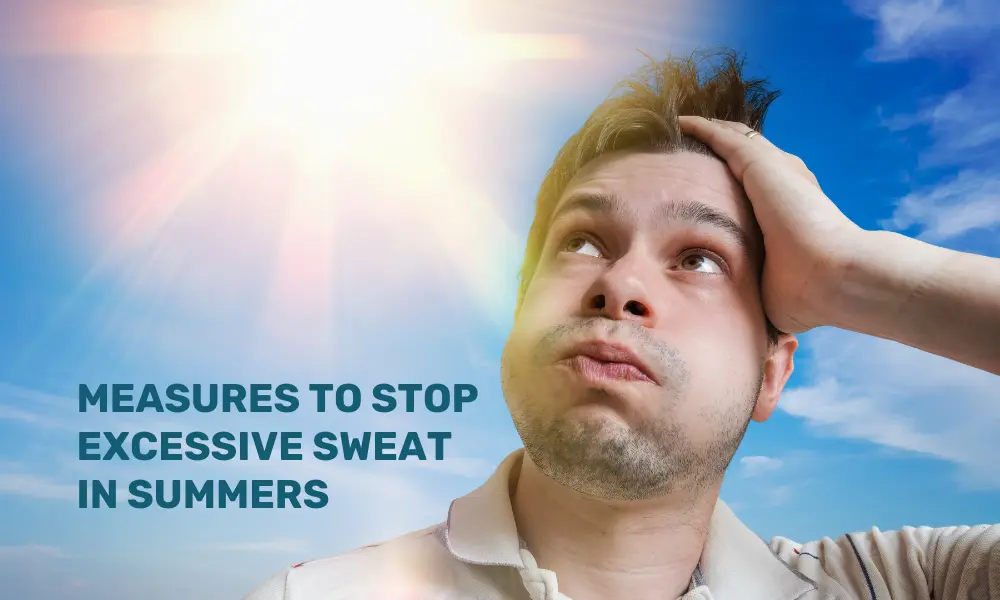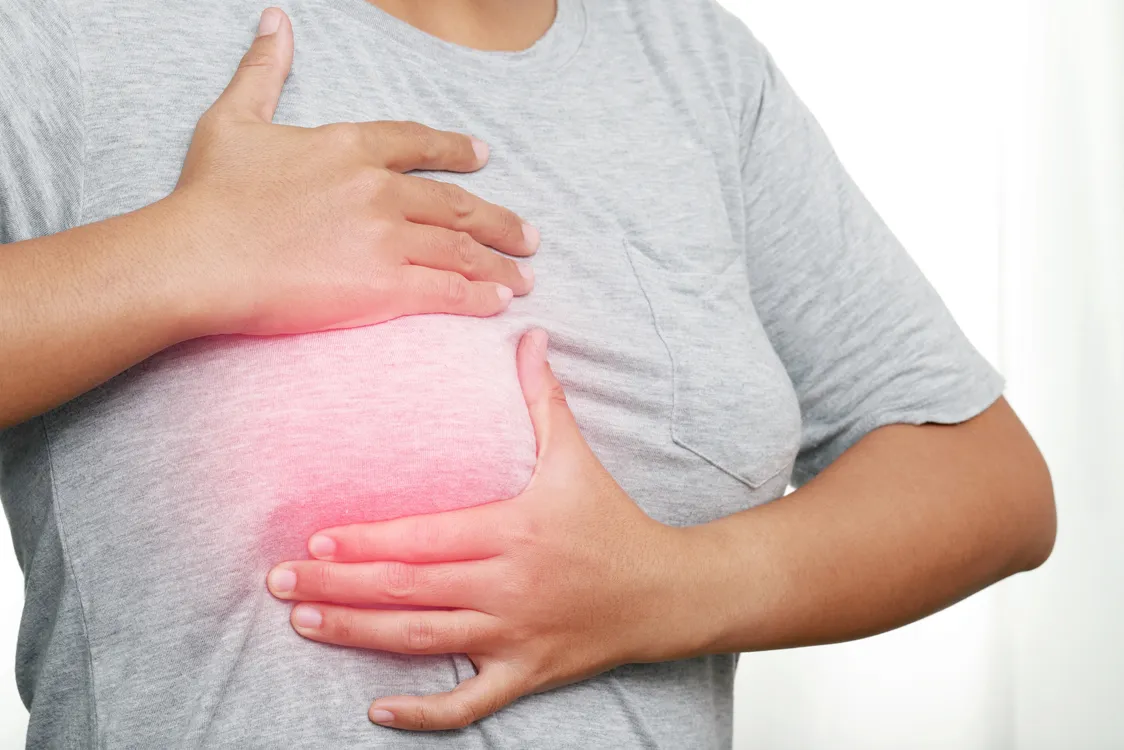As summers are at their peak, excess sweat becomes an unavoidable part of summer. While it is the body’s natural way of regulating temperature, excessive perspiration can be both uncomfortable and embarrassing. Sweating occurs when the body tries to cool itself down by releasing moisture through the sweat glands.
However, factors like humidity, physical exertion, diet, and stress can intensify perspiration. Understanding what triggers excessive sweating and how to manage it can help you stay fresh and confident, even in the hottest months.
Effective Ways to Tackle Summer Sweat
From choosing the right fabrics to adjusting your diet and lifestyle, here’s everything you need to know about managing sweat and staying comfortable this summer.
Spicy Foods and Caffeine
Certain foods and beverages, especially spicy foods and caffeine, stimulate the nervous system, activating sweat glands. Spicy foods contain capsaicin, which increases body heat, while caffeine triggers the release of adrenaline, leading to more sweating.
How to Reduce It:
-
Limit spicy foods and go for milder meals. Add natural coolants.
-
Eat fruits and vegetables that come in summer.
-
Drink cooling beverages like coconut water to regulate body heat.
-
Reduce caffeine intake, especially before social or professional settings.
Physical Activity
Exercise or any form of physical exertion raises body temperature, increasing sweating. This is a natural way for the body to cool down, but excessive sweating can be uncomfortable.
How to Reduce It:
-
Exercise during cooler hours (early morning or evening).
-
Wear moisture-wicking clothing to absorb sweat.
-
Take cool showers post-workout to lower body temperature.
Stress and Anxiety
Emotional sweating occurs when stress or anxiety triggers the body’s fight-or-flight response, causing the palms, forehead, and underarms to perspire.
How to Reduce It:
-
Practice meditation and deep breathing to manage stress.
-
Use antiperspirants to block sweat glands.
-
Wear loose, light-coloured clothing to avoid visible sweat stains.
High Temperatures and Humidity
Hot and humid weather increases body temperature, triggering sweat glands to release moisture for cooling. The more humid it is, the harder it is for sweat to evaporate, making you feel sticky and drenched.
How to Reduce It:
-
Wear breathable fabrics like cotton and linen.
-
Stay hydrated to help regulate body temperature.
-
Use fans or air conditioning to maintain a cooler environment.
Medical Conditions (Hyperhidrosis)
Excessive sweating beyond normal body temperature regulation could be due to a condition called hyperhidrosis, where overactive sweat glands produce excessive moisture even in cool temperatures.
How to Reduce It:
-
Consult a dermatologist for medical treatments like Botox or prescription antiperspirants.
-
Use clinical-strength antiperspirants for better sweat control.
-
Stay in well-ventilated spaces to prevent overheating.
Sweating excessively in summer is our body’s natural cooling mechanism in response to high temperatures. But it can be annoying, especially when one is outdoors, traveling, or attending an event. To control excessive sweat, it is important to adopt a healthy diet and follow the above tips.
FAQ on Excessive Sweat in Summers
Why am I sweating too much in summer?
Sweating excessively in summer is our body’s natural cooling mechanism in response to high temperatures. Sweating helps regulate body temperature, preventing overheating.
What are the factors that cause sweating in summer?
Sweating excessively may be due to factors like exercise, food type, stress, anxiety, or even medical conditions like hyperhidrosis.
How do I stop excessive sweating in hot weather?
Changing our routine and avoiding certain things may help.
-
Stay hydrated to help regulate body temperature.
-
Showering more often may improve mild symptoms
-
Limit spicy foods and go for milder meals. Add natural coolants.
-
Wear moisture-wicking clothing to absorb sweat.
-
Avoid blended fabrics and polyester, which can trap heat and make you sweat more.
-
Reduce caffeine intake, especially before social or professional settings.
-
Drink cooling beverages like coconut water to regulate body heat.
This article is meant for informational purposes only and must not be considered a substitute for professional advice.





